When it comes to storing vegetable and flower seeds safely through winter, a few simple tips go a long way in keeping them fresh and viable.
Let’s face it, buying seeds every year is expensive. Moreover, it can be difficult finding the seeds you love most. And that is exactly why saving seeds, or holding on to extra seeds you have purchased is so important.
But just like vegetables and flowers, seeds have a shelf life. And how you store them will make a huge difference in how long they last, and how well they germinate and grow next year.
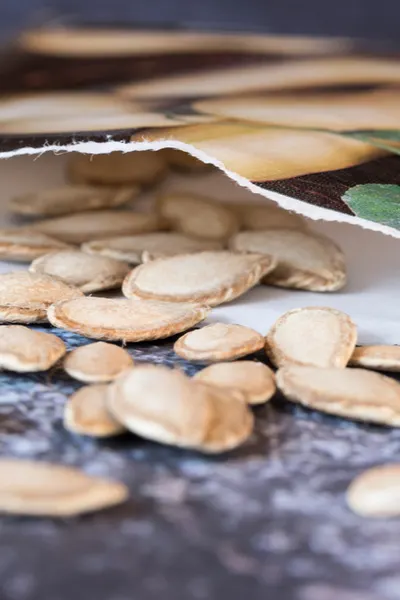
Without proper storing, seeds and seed packets can easily lose their vitality over the winter months. With that in mind, here is a look at the best methods for storing seeds, and a few key places to avoid keeping them over the winter months.
How To Safely Store Vegetable & Flower Seeds Through Winter
There are two key factors that play an important role in how long seeds will last in storage. The first is heat, and the second is humidity.
Control both, and your seeds can actually remain healthy and viable for multiple years. But let one or the other get to them, and they can quickly become lifeless.
Avoiding Humidity
Of the two detrimental forces to saving vegetable and flower seeds, humidity is far more damaging than heat to their long term vitality. Seeds kept in moist environments will go bad in short fashion.
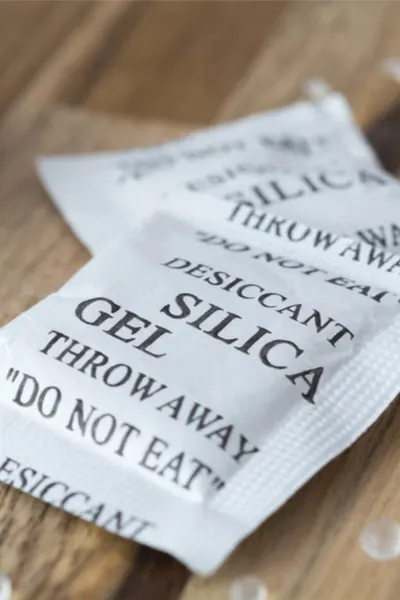
That is because humidity tricks the seeds into thinking it is about to germinate. When seeds become moist, they begin to use the available resources within their seed coat to attempt to germinate.
But without soil and adequate light, it simply can’t happen. And in the end, the seed loses strength and nutrients.
Avoiding Heat
Although it won’t destroy seeds as quickly as high humidity, excessive or prolonged exposure to heat will impact seeds negatively as well. Warmth not only creates an opportunity for higher humidity, it also saps energy from seeds.
High heat can dehydrate seeds, and damage the outer protective layer of their seed coat. The bottom line, when seeds are exposed to warm or hot temperatures for an extended period, they become far less likely to germinate.
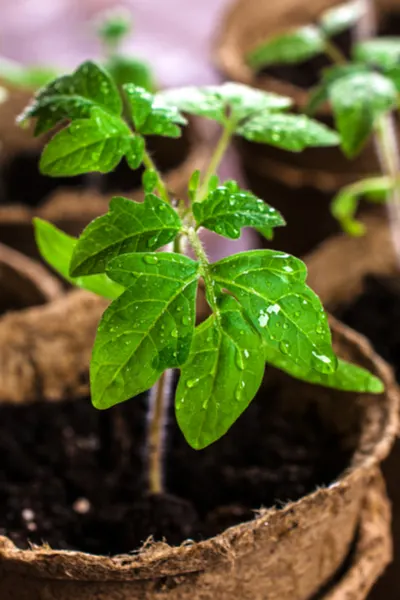
Storing seeds on top of a refrigerator, near a furnace or stove, or heating ducts and vents can seriously impact their shelf life. As can storing them in rooms with excessive heat build up.
Storing Seeds Safely – The Best Places To Store Seeds
So then what is the best place for storing? Well, it all starts with what you store your seeds in. Vegetable and flower seeds should be stored in airtight containers that keep moisture out.
Zip lock bags, as long as they are freezer proof are excellent choices. Glass jars with tight lids are another great option as well. One of the best storing options is a plastic container that can be locked or sealed. Product Link : Rubbermaid Airtight Storage Containers
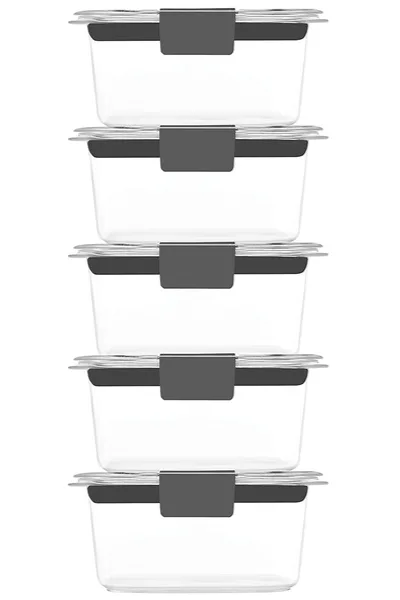
In addition, make sure seeds are completely dry before storing. This is most important when saving seeds from your own vegetables.
Seeds from stores and nurseries are almost always dry from the start. However, seeds plucked from fresh vegetables need time to air out before storing. If not, the moisture releases from the seeds as they sit, damaging all of the seeds.
One way to help this process along is by storing your seeds with a few left over silica gel packets. The packets you find in shoes and other items can help remove excess moisture from seeds.
Once dry and sealed, select a cool place for storing. The darker the better. An unheated garage, a basement, or even the freezer all work well.
A Few Places To Avoid Storing Seeds
One of the great myths of seed storing is that a refrigerator is an ideal place for seed storage. The issue with refrigerating seeds is that the inside contains too much moisture.
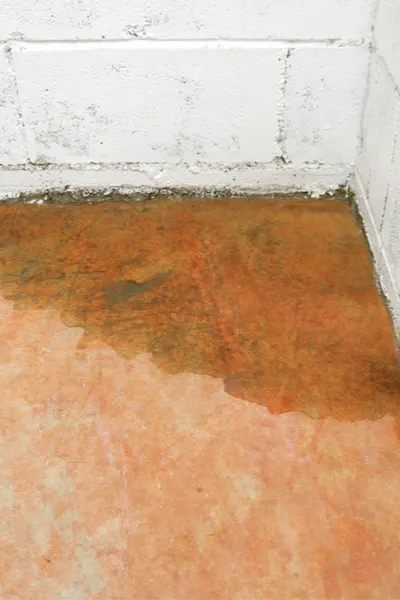
In addition, avoid storing in wet basements or cellars, especially if you have not sealed the seeds in an airtight container. Once again, the humidity will simply damage the seeds to much.
Freezers, unlike refrigerators work well to store seeds. The low humidity will keeps seeds viable and fresh for multiple years.
For more on how to save seeds from your garden, check out our article How To Save Seeds From The Garden. Here to safely saving and storing your vegetable and flower seeds – and to saving on your garden budget too!
This Is My Garden is a website dedicated to spreading the love and knowledge of gardening around the world. We publish two new garden articles each week. This article may contain affiliate links.

